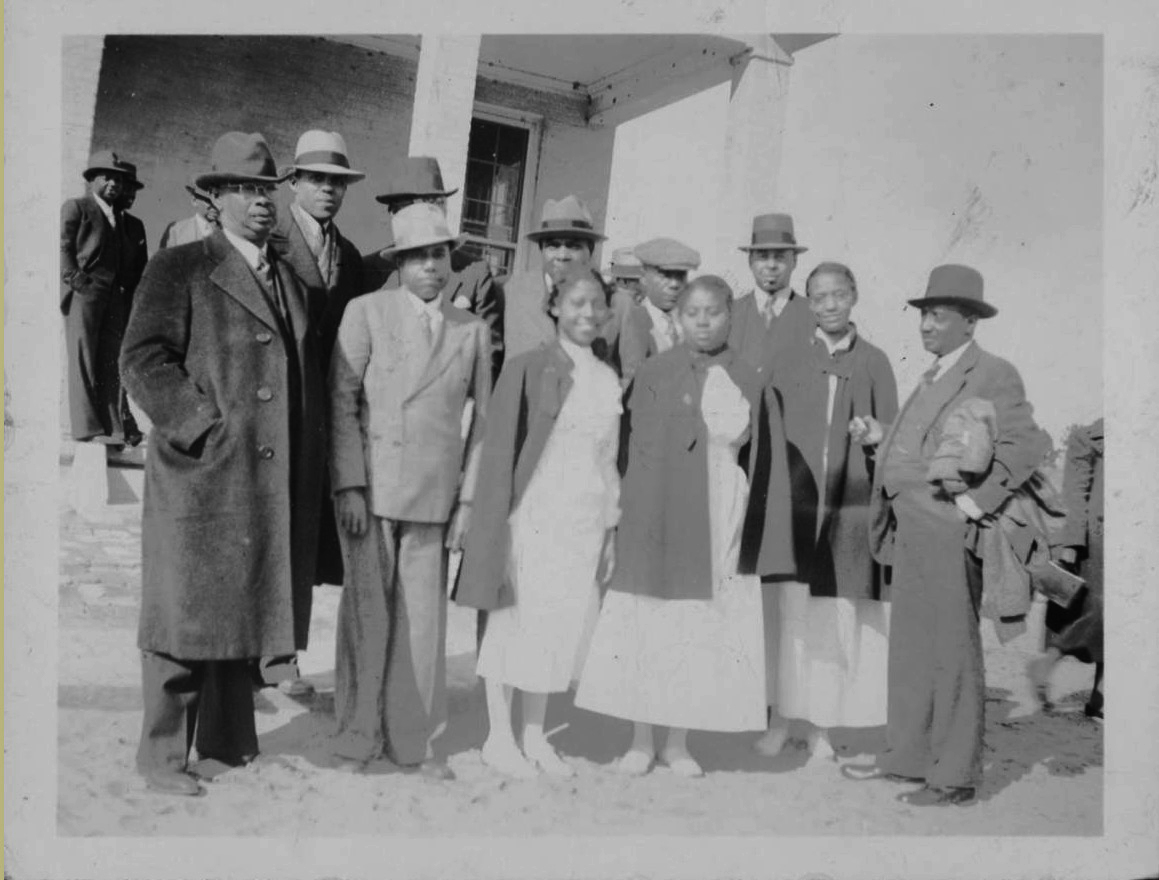At Low Tide : Voices of Sandy Island

Sandy Island just south of Myrtle Beach, South Carolina is a 12,000-acre century-old African American community which is only accessible by boat. The Sandy Island project consists of a virtual reality documentary and book which offer a glimpse into this community, whose self-sufficiency and self-governance bolster it against its uncertain future.
This project has instigated two larger, grant-funded projects: The Sandy Island Cultural Initiative (National Park Service) and the Gullah Geechee Digital Project (National Archives, Gaylord Donnelley, Horry County Higher Education Commission). The Sandy Island Cultural Initiative is working on documenting and preserving the Sandy Island school house, and The Gullah Geechee Digital Project collaborates between the South Carolina Historical Society, the American Folklife Institute at the Library of Congress, and the Association for Cultural Equity to digitize thousands of photographs, interviews and historical records.
Purchase
The Project
At Low Tide: Voices of Sandy Island shares the story of an African American island through a traditional book and documentary series that includes two virtual reality episodes.
Located in the neck of the Waccamaw River, Sandy Island is home to the descendants of the enslaved people who built Georgetown County into the largest rice exporter in the world during the late 18th and 19th centuries. Sandy Islanders have developed a resilient and self-reliant community that has lasted more than a century. Boats remain the only transportation between the island and the mainland, as there is no bridge connecting Sandy Island to the rest of the Waccamaw neck. The limited access between the two shores allows Sandy Island to be one of the last remaining undeveloped islands in America.
The Athenaeum Press began this project on Sandy Island in 2015 with the collection of oral histories on the island. A team of students and community members created a multimedia publication, which tells the history of the people of Sandy Island. It began as a conversation on Gullah culture in Horry and Georgetown Counties, and as an extension of the previous project Gullah: The Voice of an Island. The Press sought to learn more about the local history and how it intertwined with the significant minority cultures that tell a unique story of Georgetown’s history. Since 2015, this project has expanded into the larger Sandy Island Cultural Initiative which seeks to collaborate with the Sandy Island community to preserve its history and spread its legacy.
History
In Georgetown County on the Waccamaw River, there is an island called Sandy Island. The Island houses an entirely self-reliant community of African Americans that built their own houses and take boats to the mainland every day. Founded by Phillip Washington, Sandy Island is one of the few African American communities that can claim to have built and sustained their own society after receiving their freedom from the abolition of slavery. Sandy Islanders fought for basic utilities like telephone lines, electricity, and running water in the 1960s. Before that, they fought to have their own voting precinct on the island. Sandy Island’s community pushed its children for high educational attainment before integration, and boasted a percentage of educated women well beyond that on the mainland. Faced with a steady decline in its population over the years, Sandy Island now fights to preserve its history and ready itself for the future.

Acknowledgements
We had the pleasure of collaborating with them for the last two years to tell this story and look forward to continuing to expand on this project with familiar and new faces in the years to come.
We'd also like to thank our colleagues within the Edwards College of Humanities and Fine Arts for their support, insights, and dedication throughout this process.
Our Team
- Quentin Ameris
- Research + Author
- Program: Elementary Education
- Shonté Clement
- Research + Author
- Program: Digital Culture and Design
- Brooks Leibee
- Videography + Photography
- Program: Graphic Design
- Jesse Lindler
- Package Design + Photography
- Program: Graphic Design
- Maggie Nichols
- Research + Author
- Program: Masters of Arts in Writing
- Ronda Taylor
- Research + Author + Editor
- Program: Masters of Arts in Writing
- Madia Walker
- Web Design
- Program: Graphic Design
- Angelis Washington
- Community Advisor + Research
- Haley Yarborough
- Photography
- Program: Graphic Design
Faculty Advisors
- Eric Crawford, Assistant Professor of Music, Coastal Carolina University
- Alli Crandell, Project Manager, The Athenaeum Press, and Director of Digital Initiatives
- Scott Mann, MFA Design and Production Manager, The Athenaeum Press, and Associate Professor of Visual Arts
- Trisha O’Connor, Director, The Athenaeum Press and Media Executive-in-Residence
 Order Your Copy
Order Your Copy